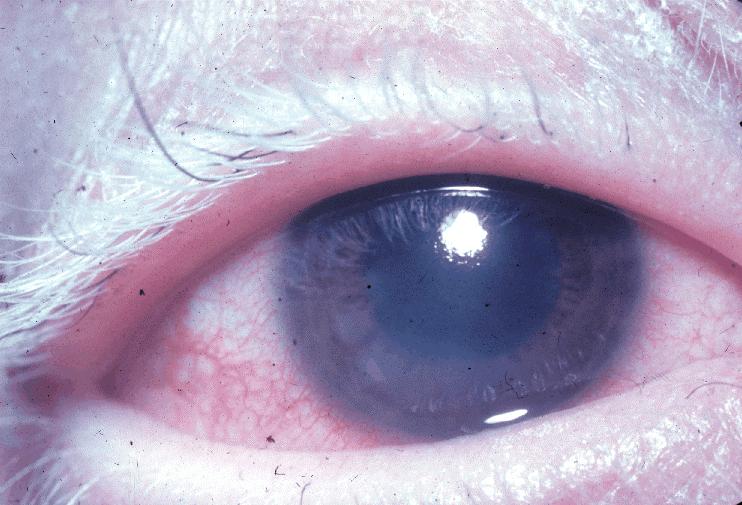The US Department of Agriculture (USDA) Food Safety and Inspection Service (FSIS) announced that it has finalized a policy to declare Salmonella an adulterant in raw breaded chicken products, which have been linked to 14 foodborne illness outbreaks that have sickened at least 200 people since 1998.

In its statement, the USDA said Salmonella would be considered an adulterant in the products if it exceeds a certain microbiologic threshold.
The step is part of a plan the agency proposed in 2022 to reduce Salmonella contamination in raw poultry products. FSIS added that it will address contamination in other raw poultry products later this year.
USDA Secretary Tom Vilsack said the final determination marks the first time Salmonella has been declared an adulterant in a class of raw poultry products. "This policy change is important because it will allow us to stop the sale of these products when we find levels of Salmonella contamination that could make people sick," he said.
It will allow us to stop the sale of these products when we find levels of Salmonella contamination that could make people sick.
FSIS said it would carry out testing procedures on the raw incoming chicken component prior to stuffing and breading to ensure that producers are controlling Salmonella in the products. It said the rule will go into effect 12 months after it is published in the Federal Register.
Raw breaded products present unique challenges
Though the raw breaded chicken products make up less than 0.15% of the domestic chicken market, they account for about 5% of all chicken-related foodborne illness outbreaks.
The products are problematic for consumers because they appear pre-browned and cooked. They are often cooked from a frozen state, which increases the chance that the raw chicken component may not reach the internal temperature needed to kill the Salmonella.
.jpg)














